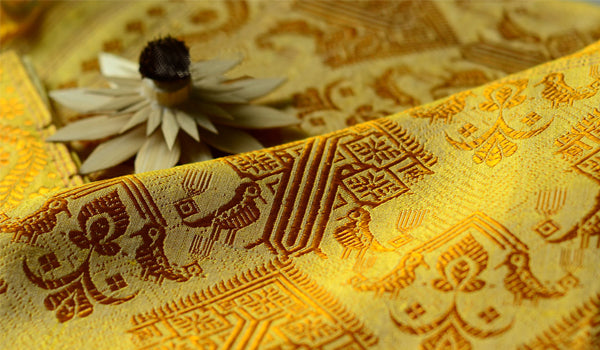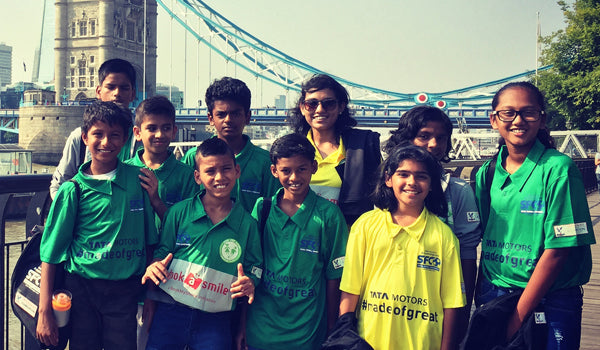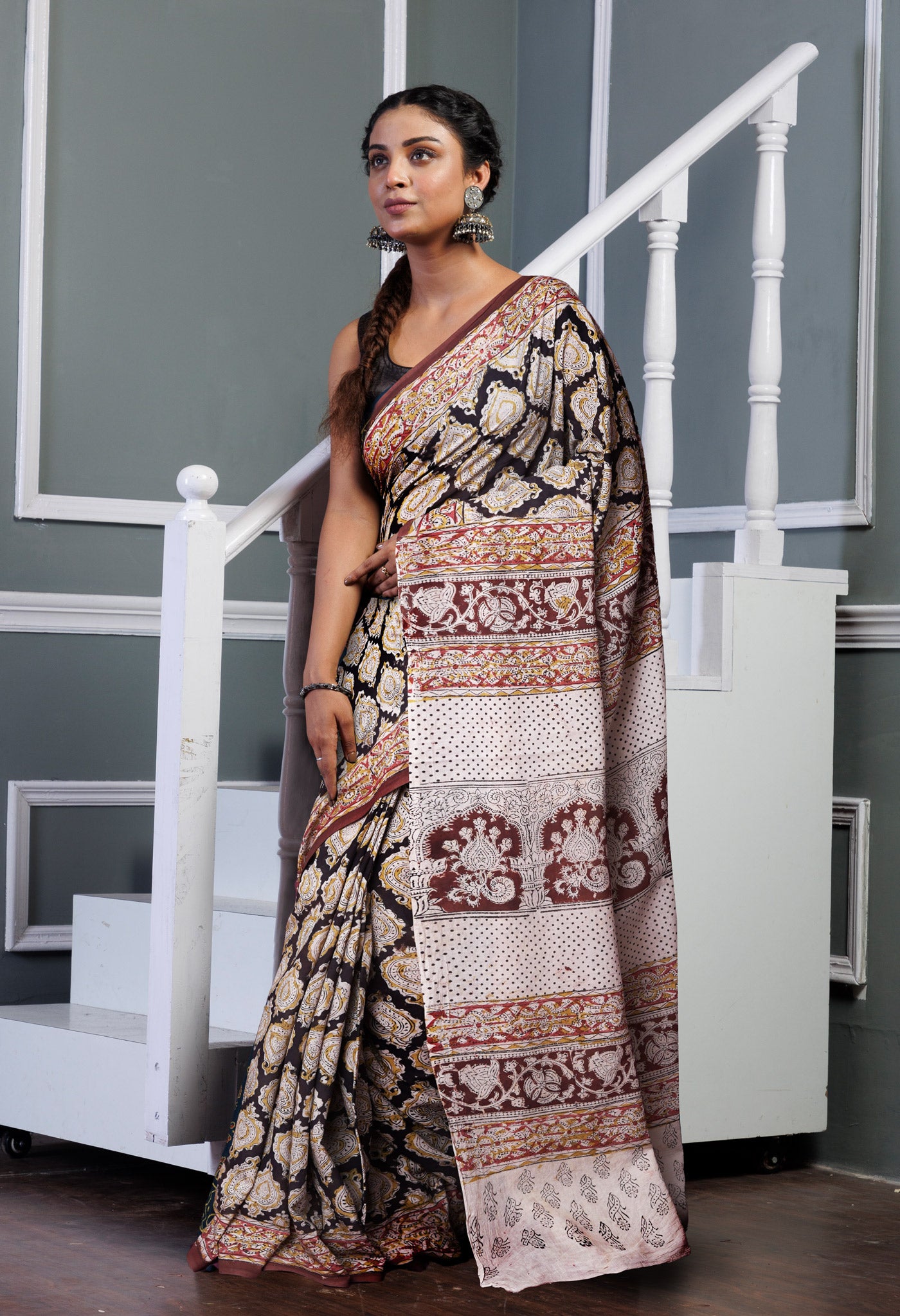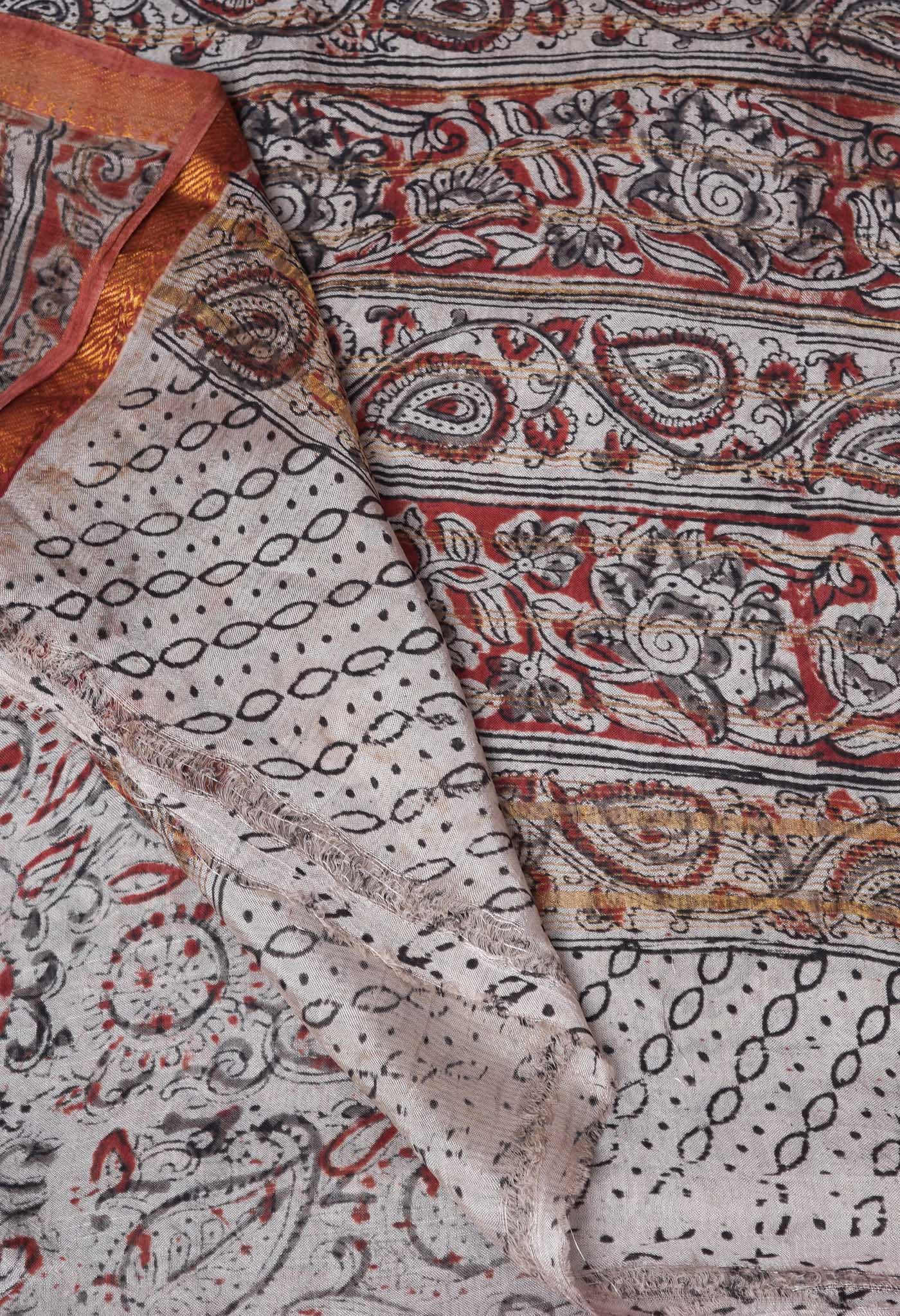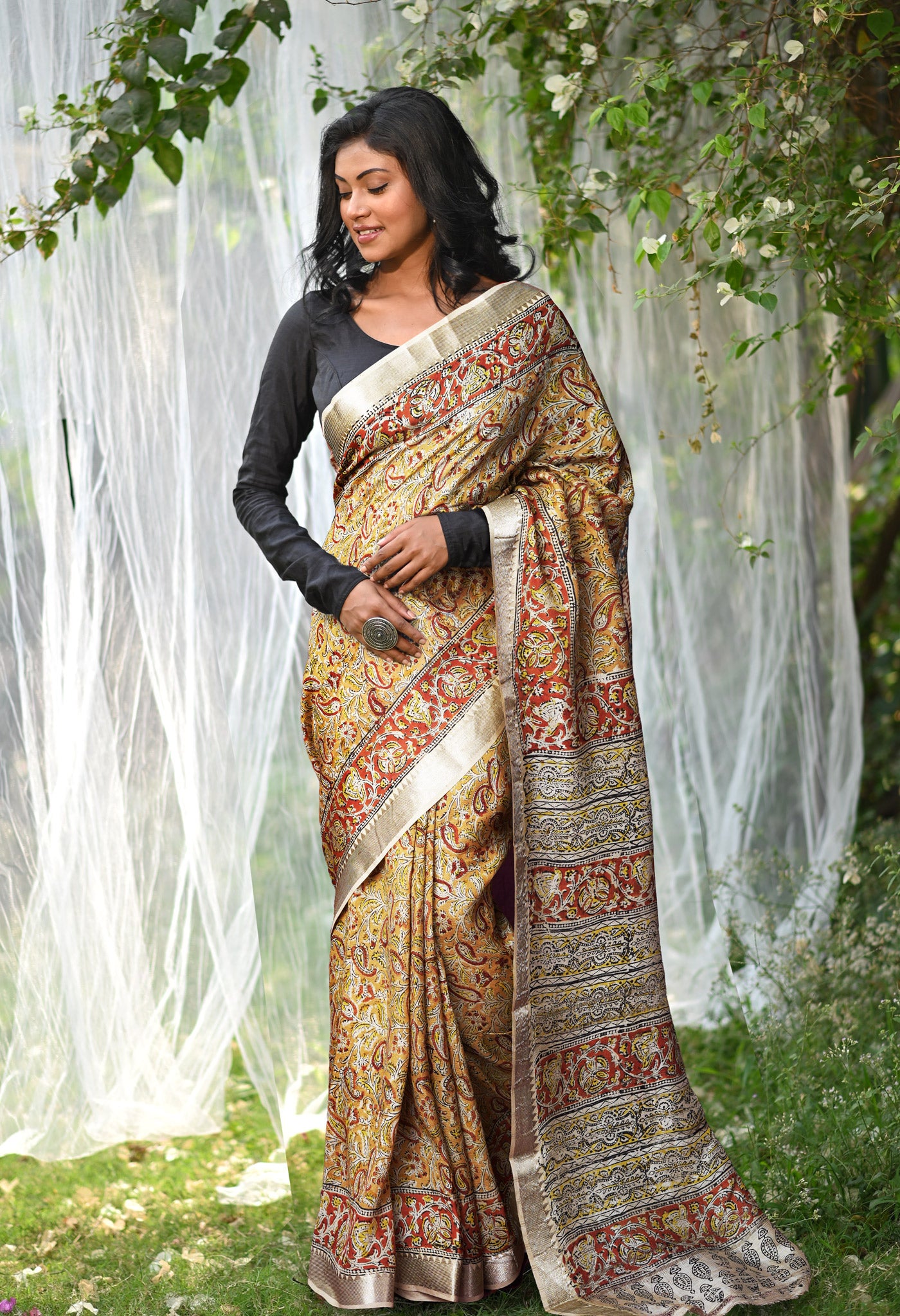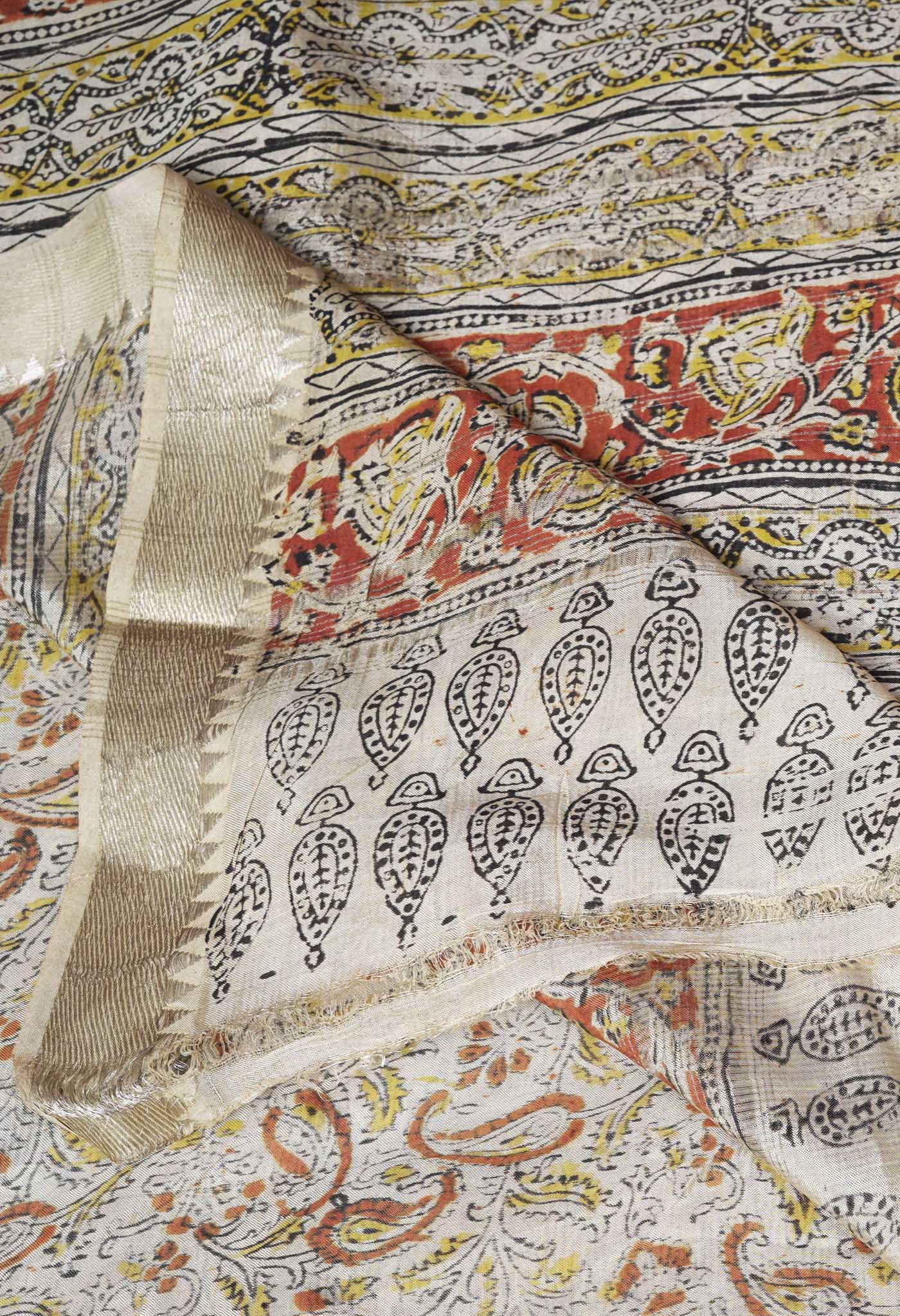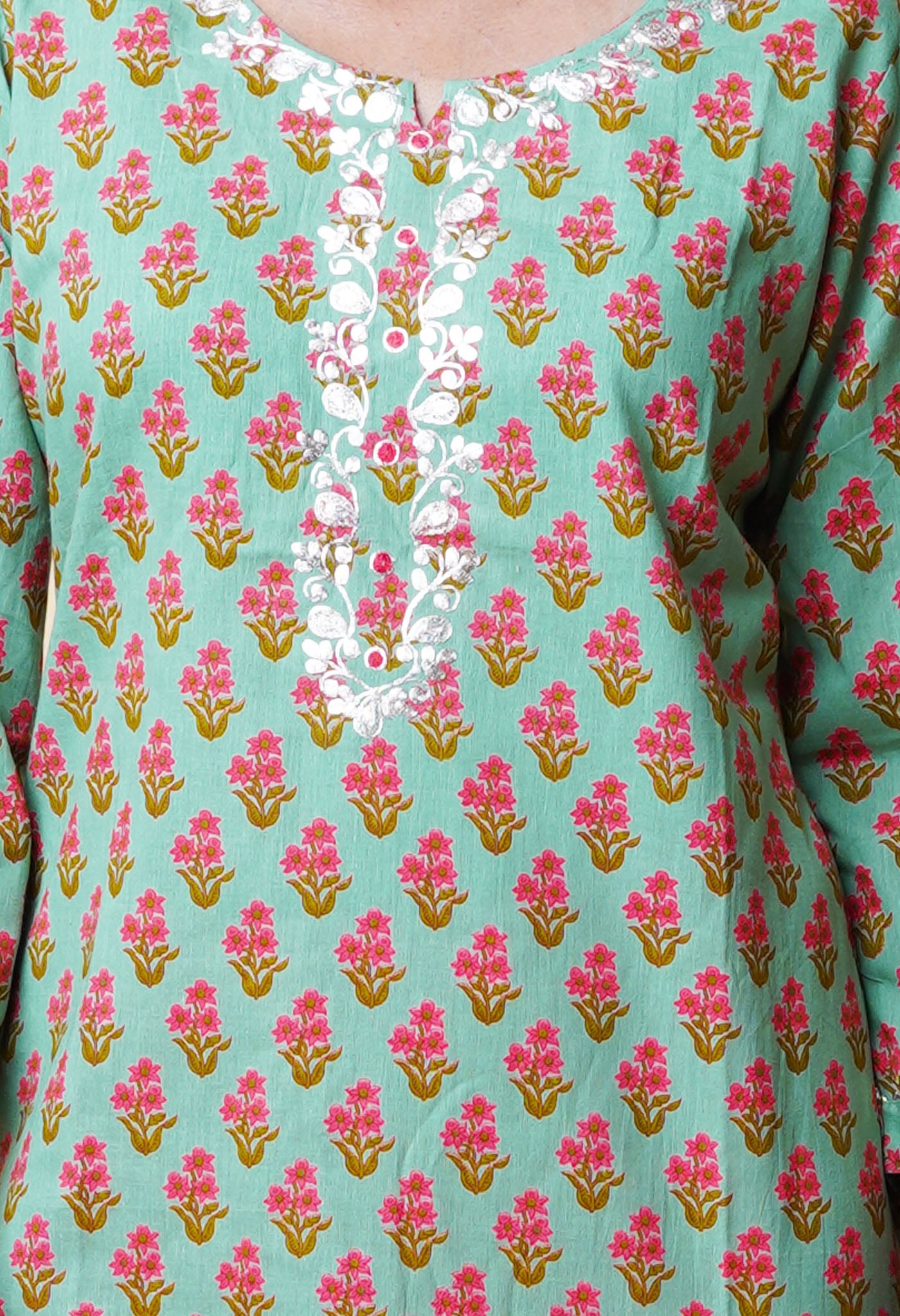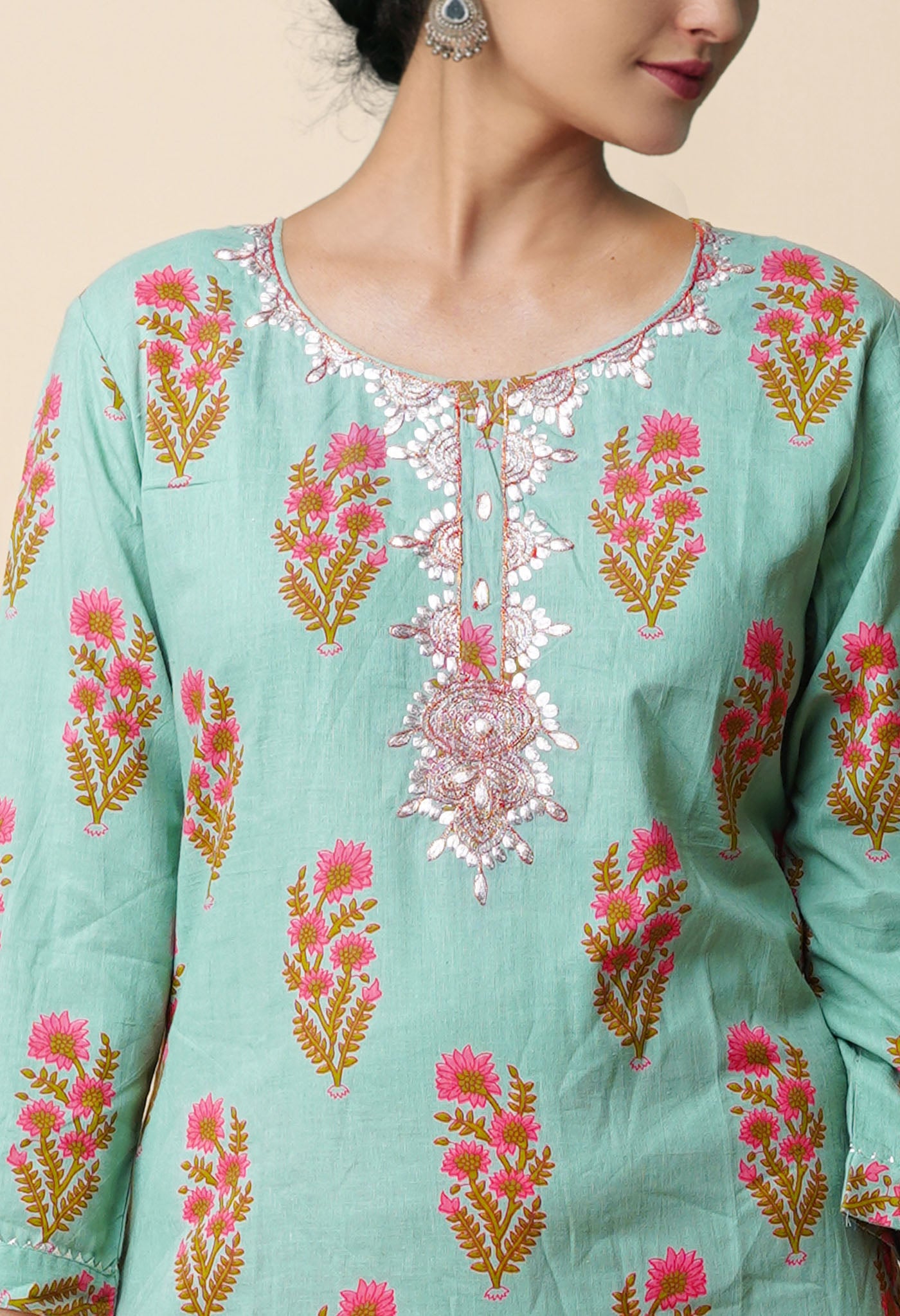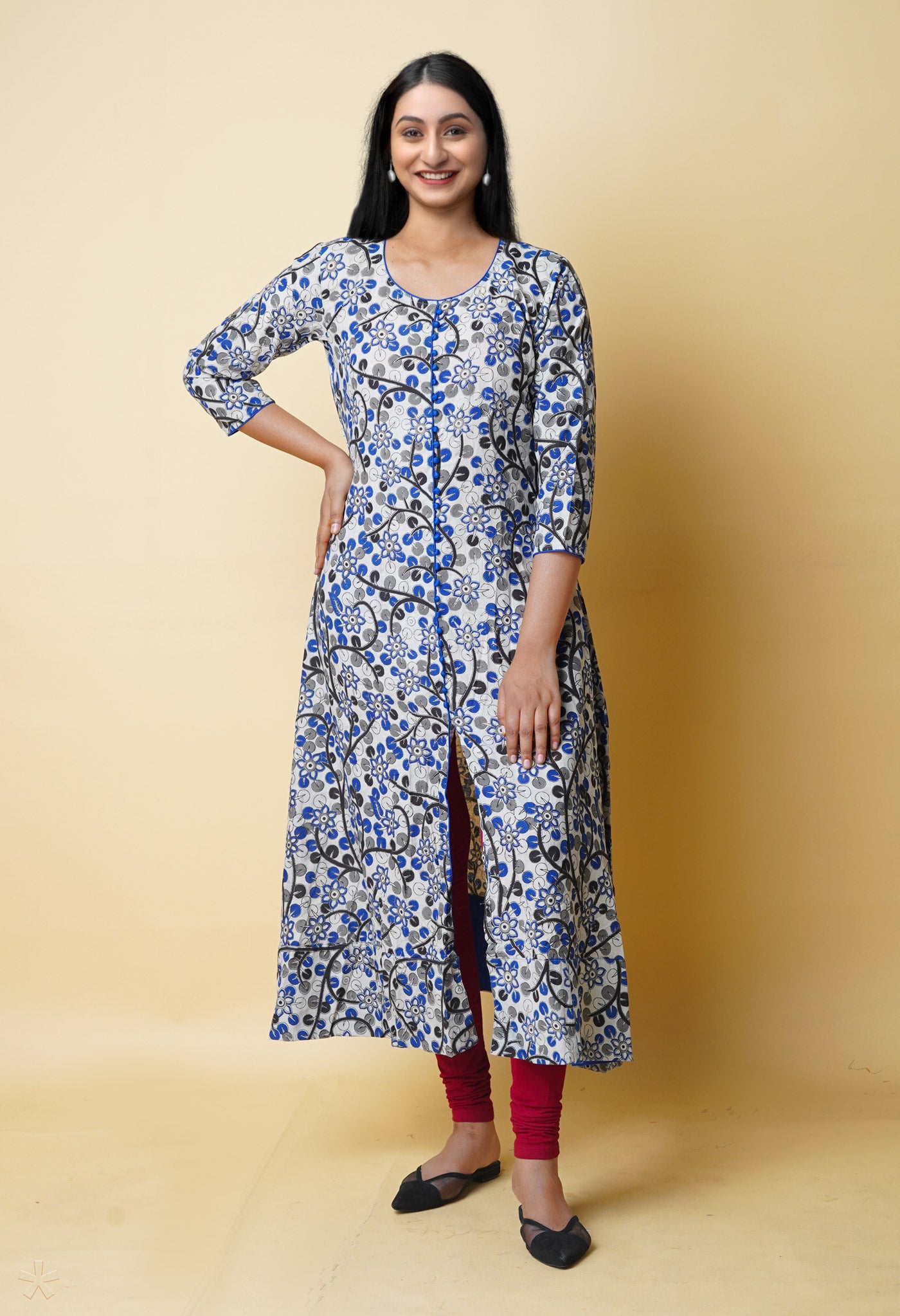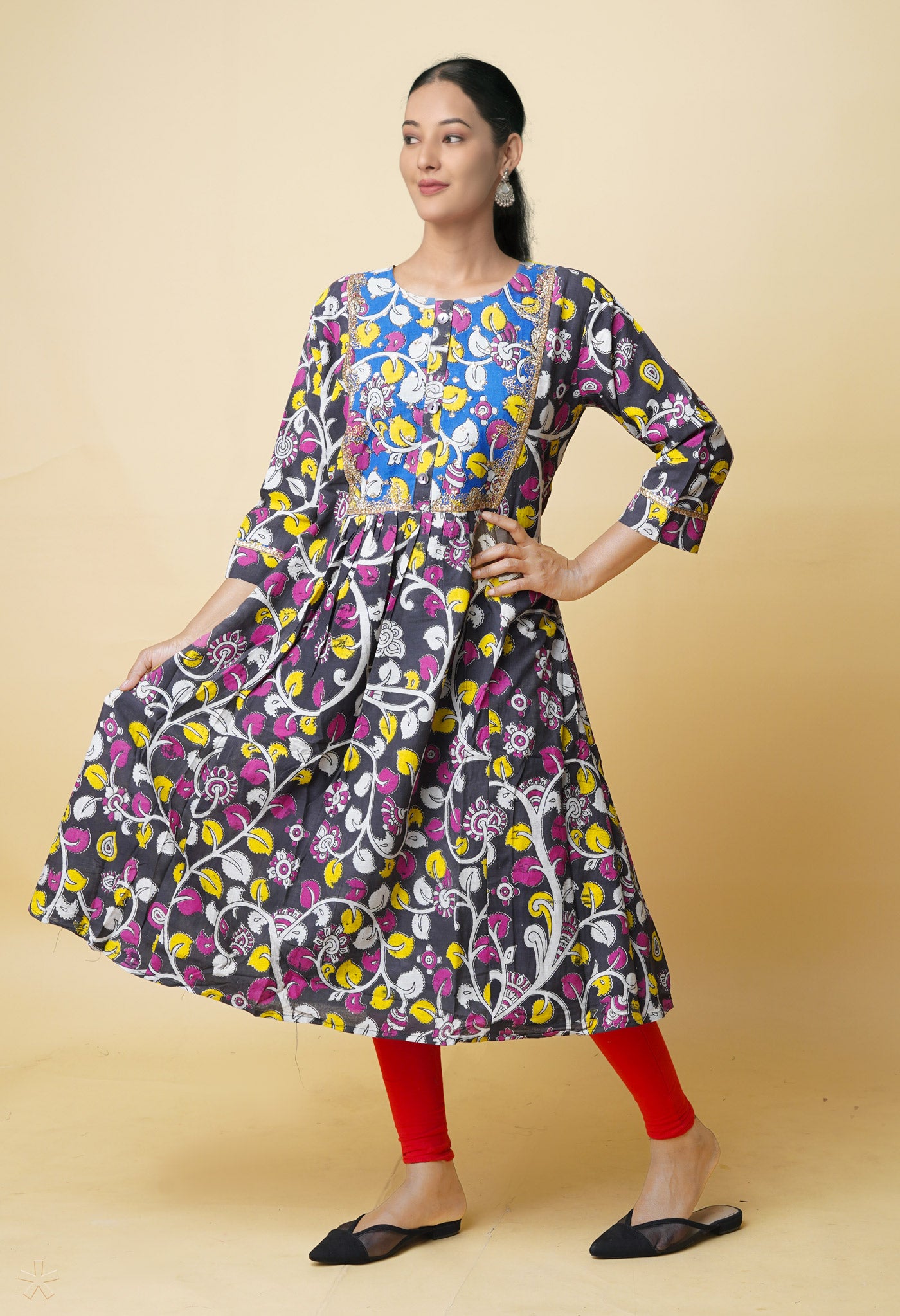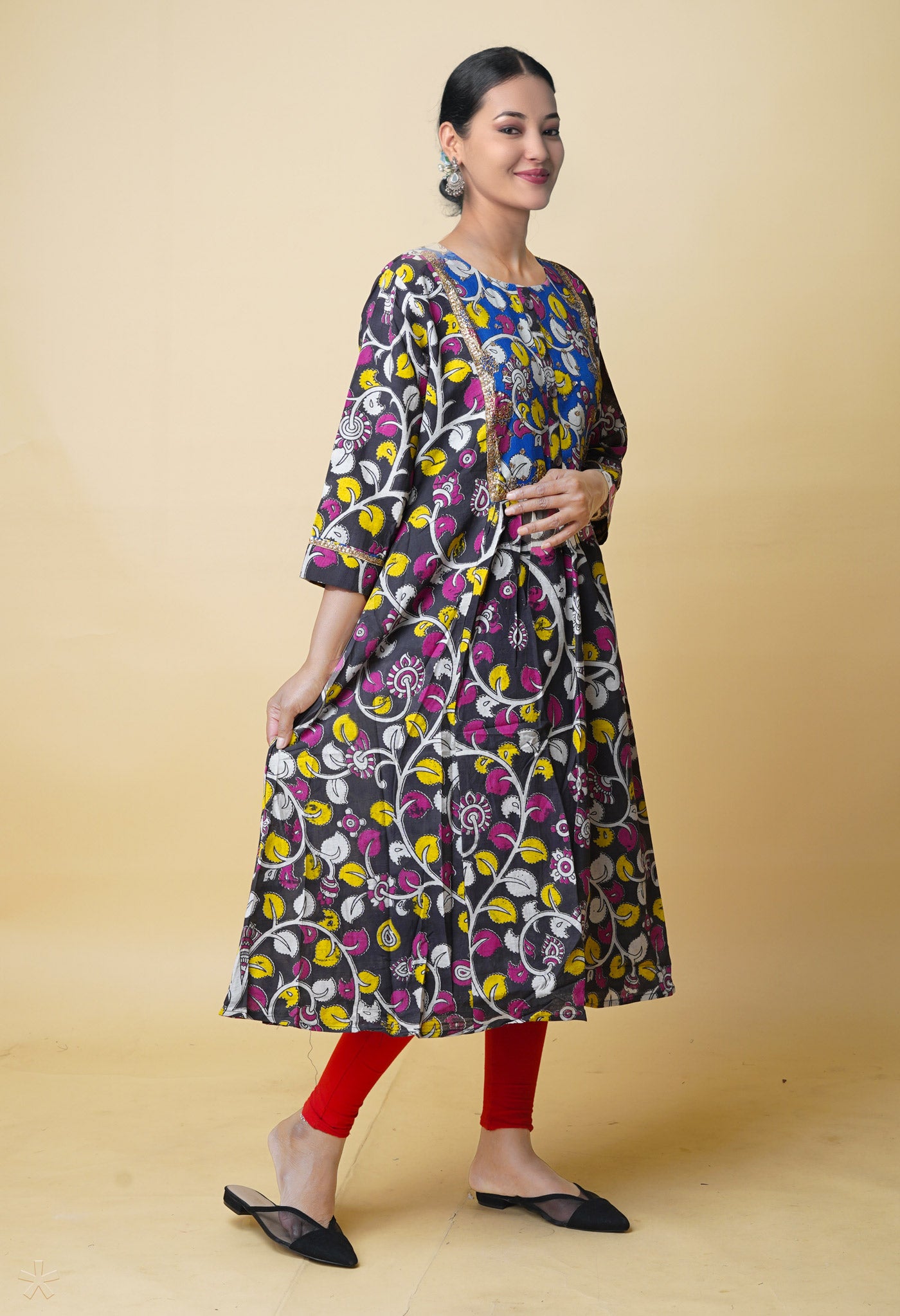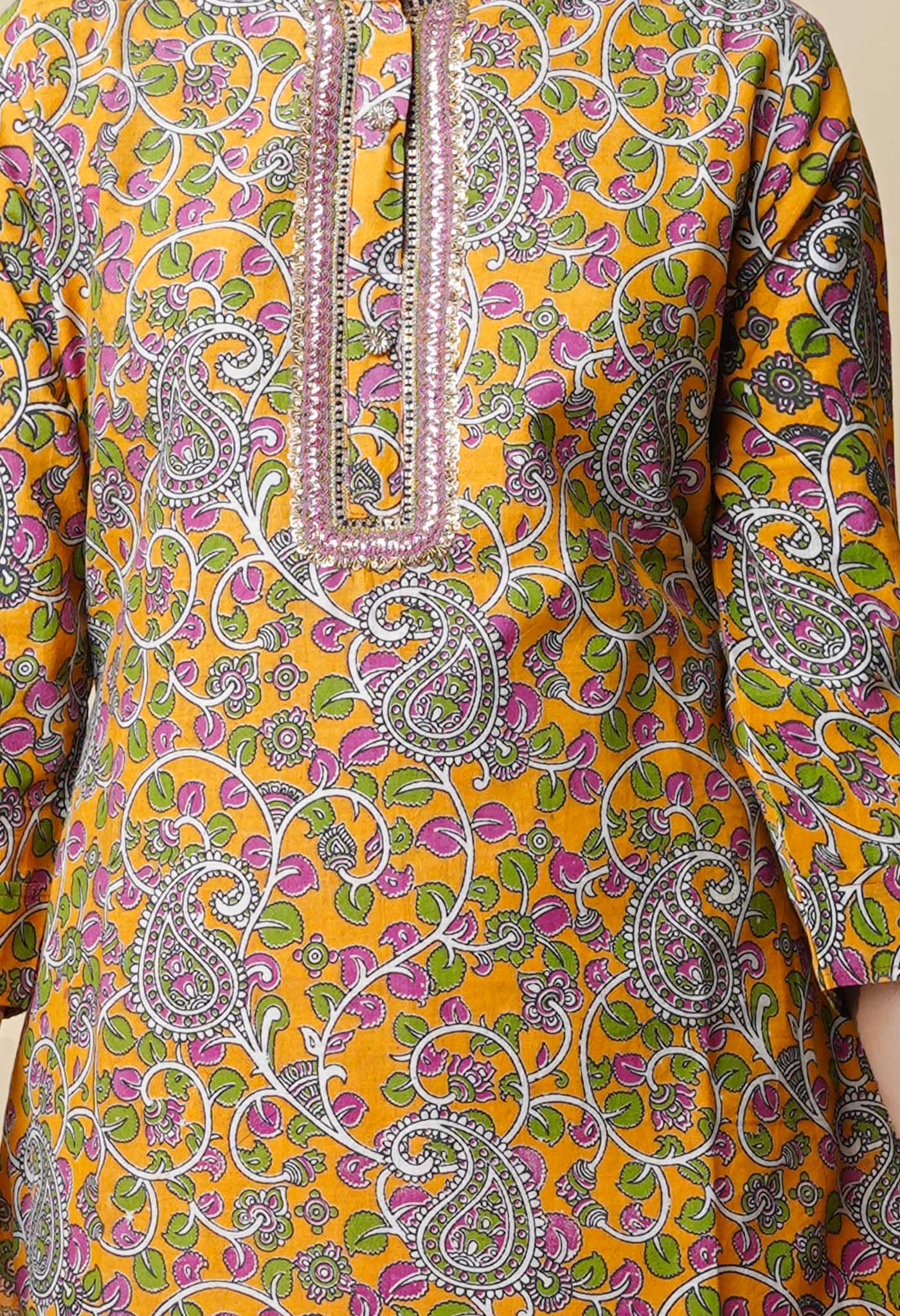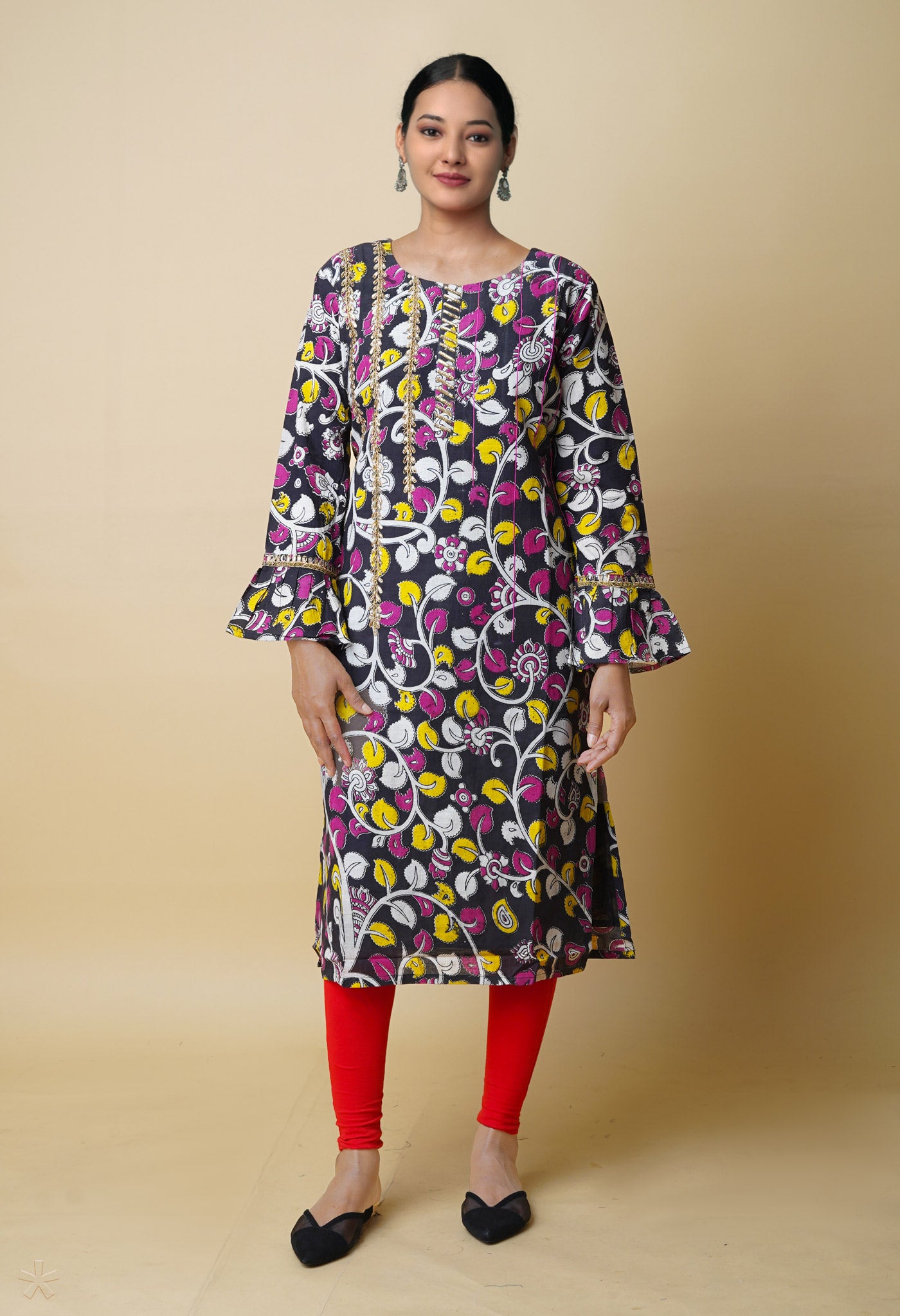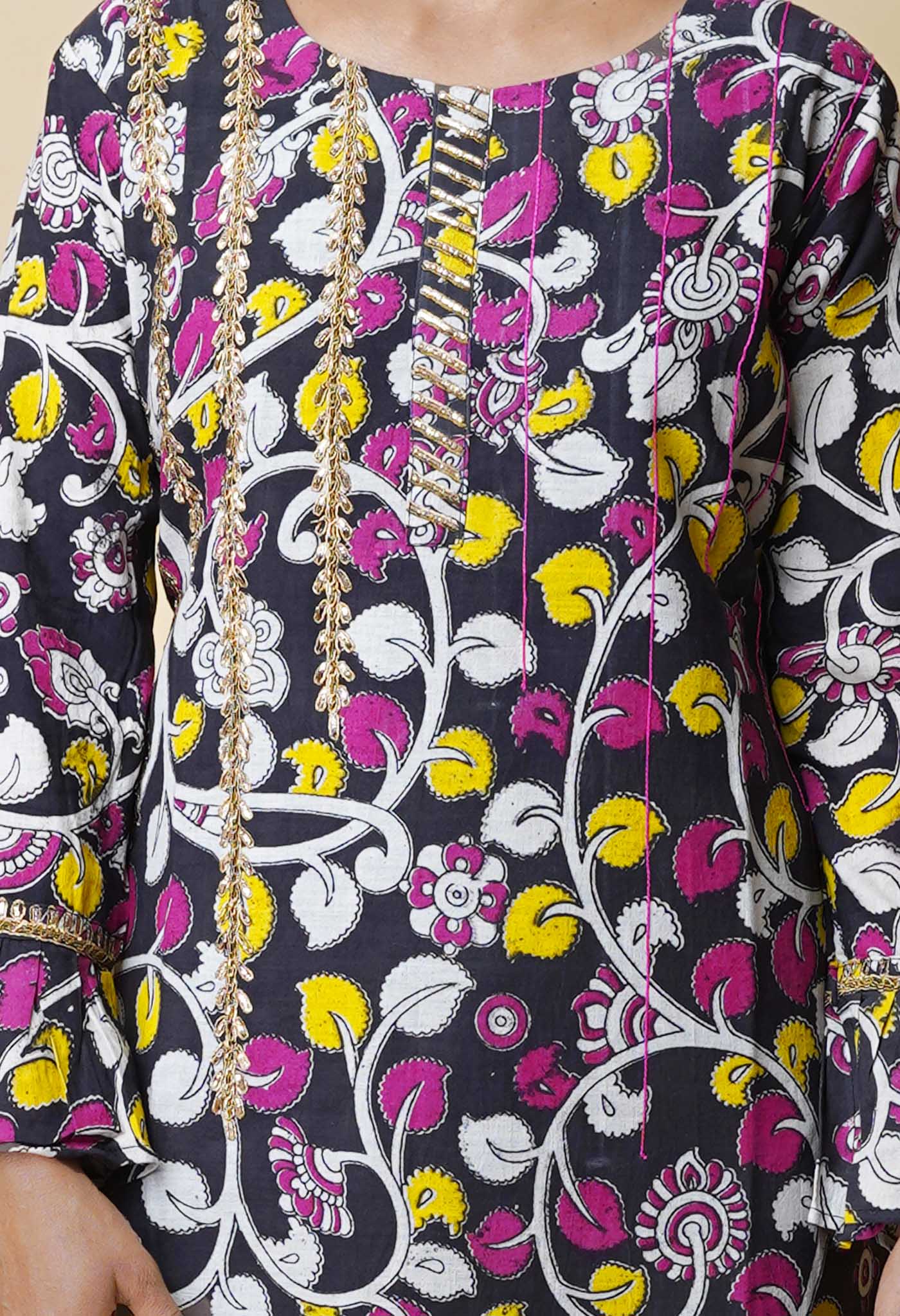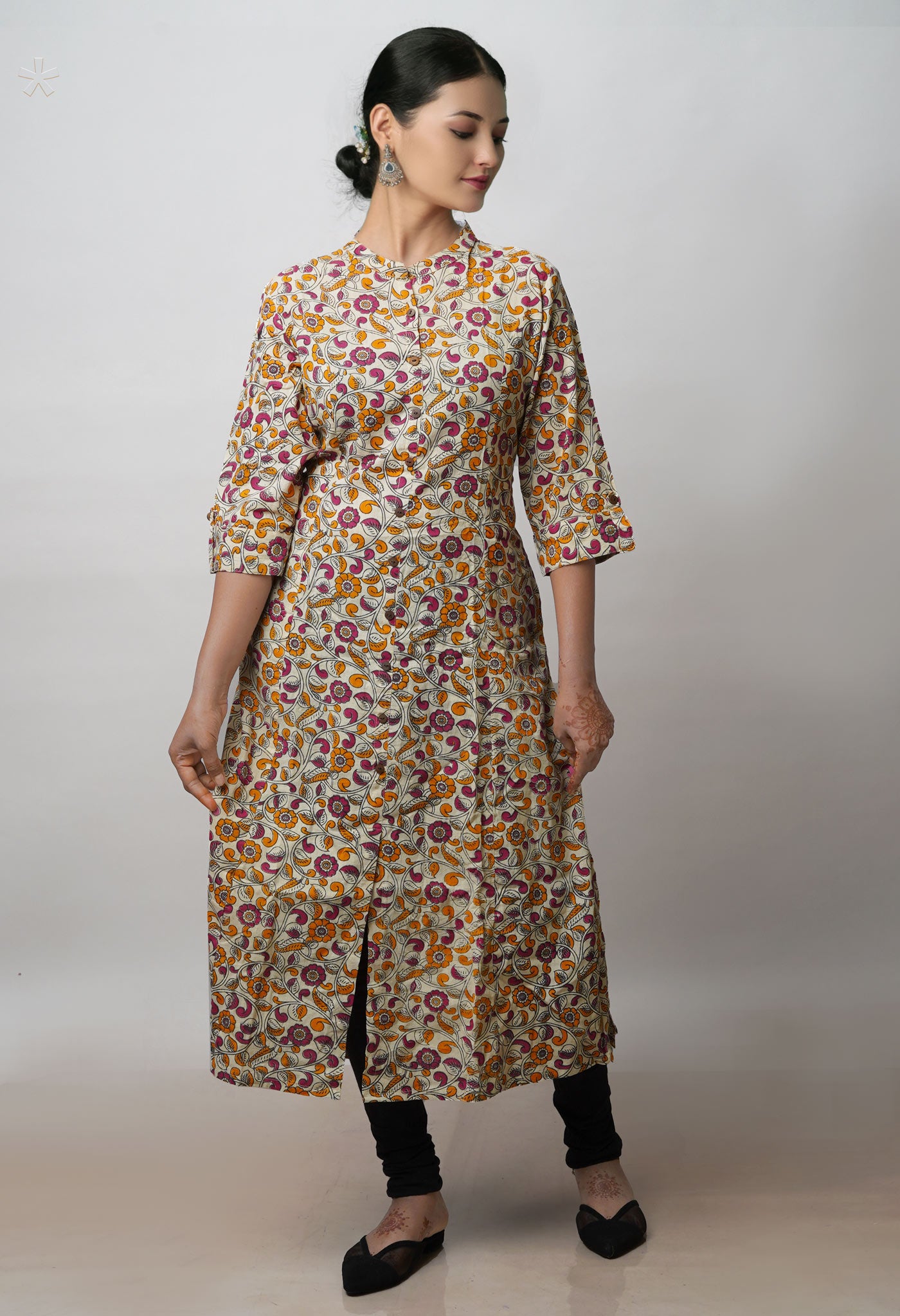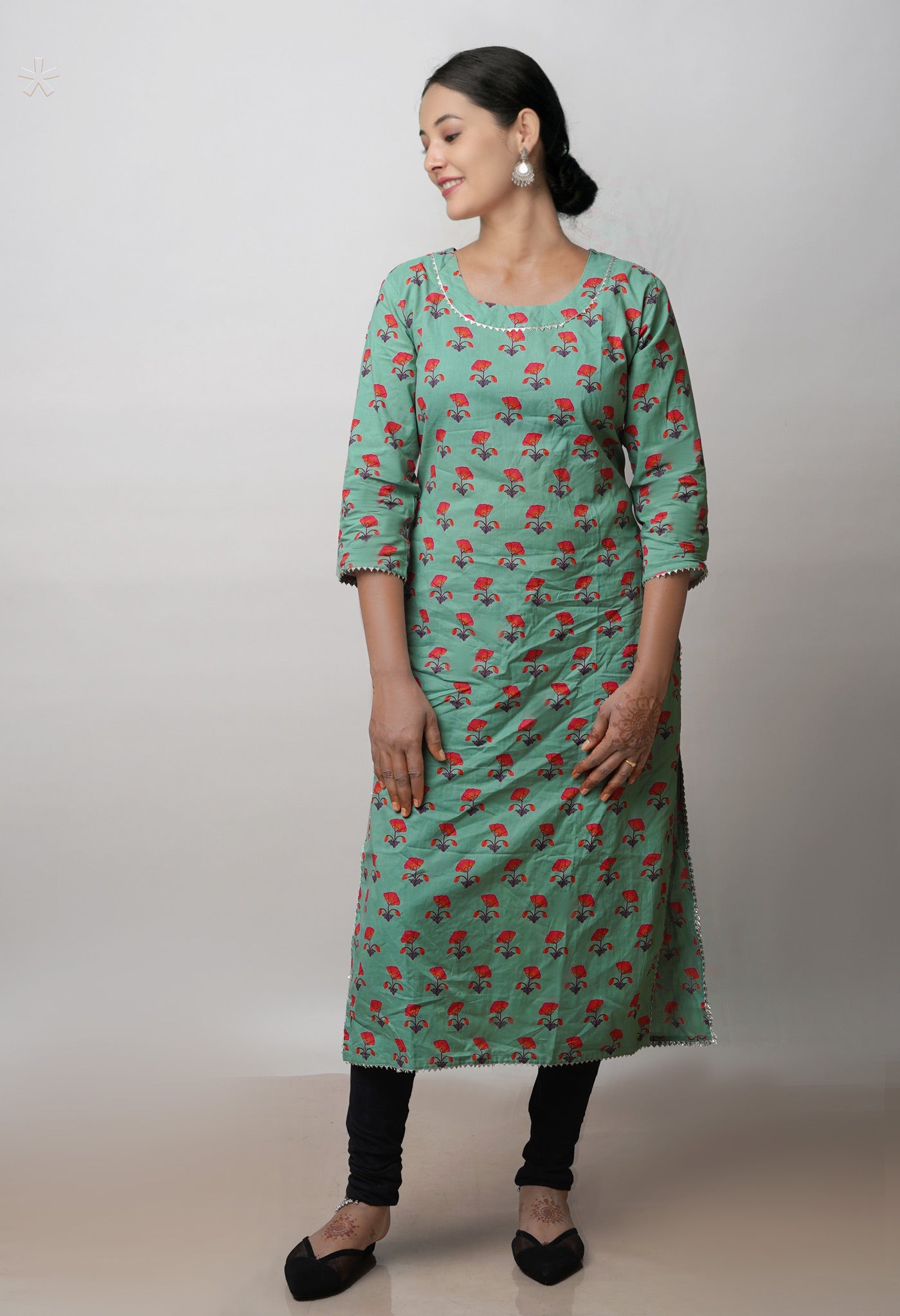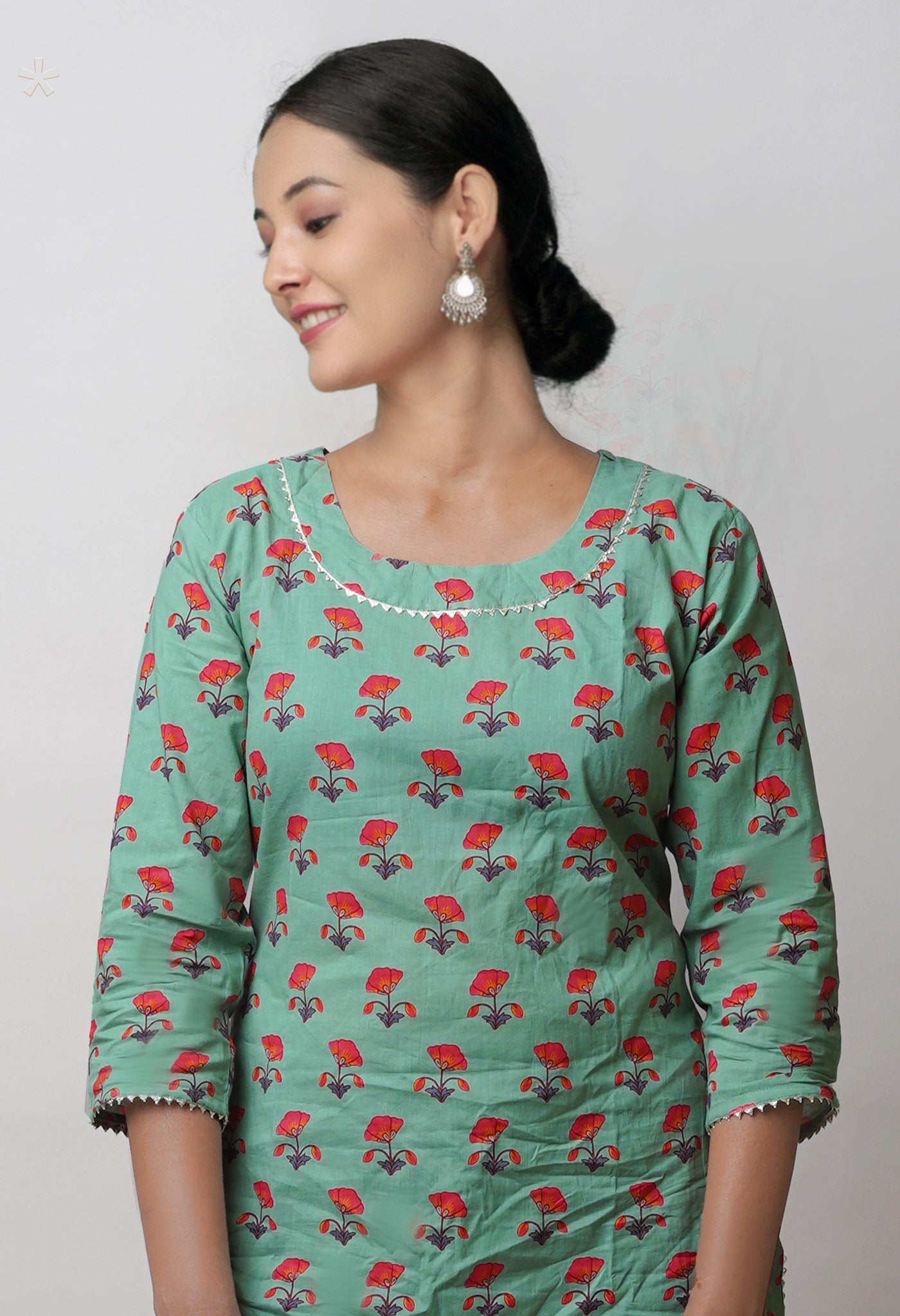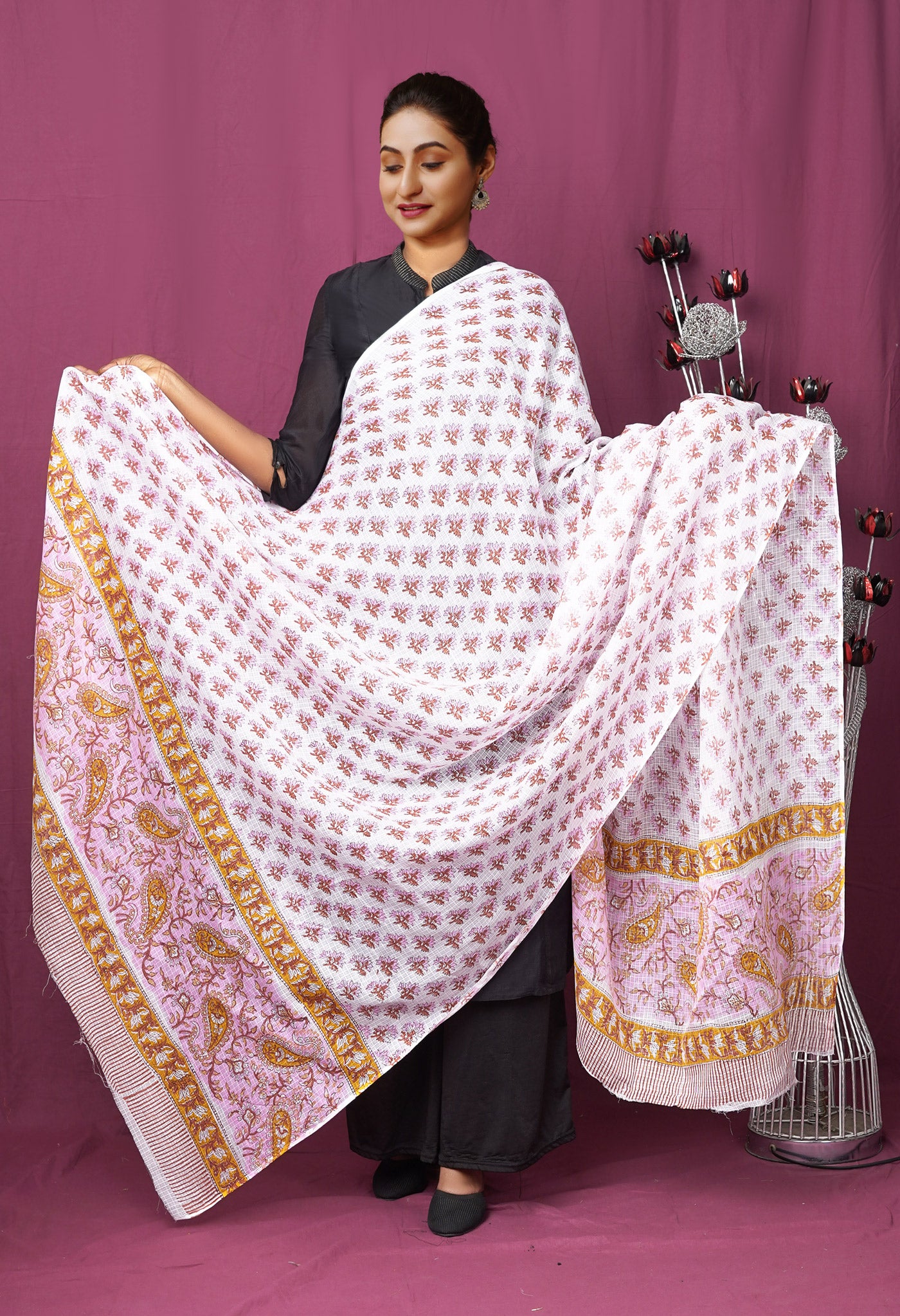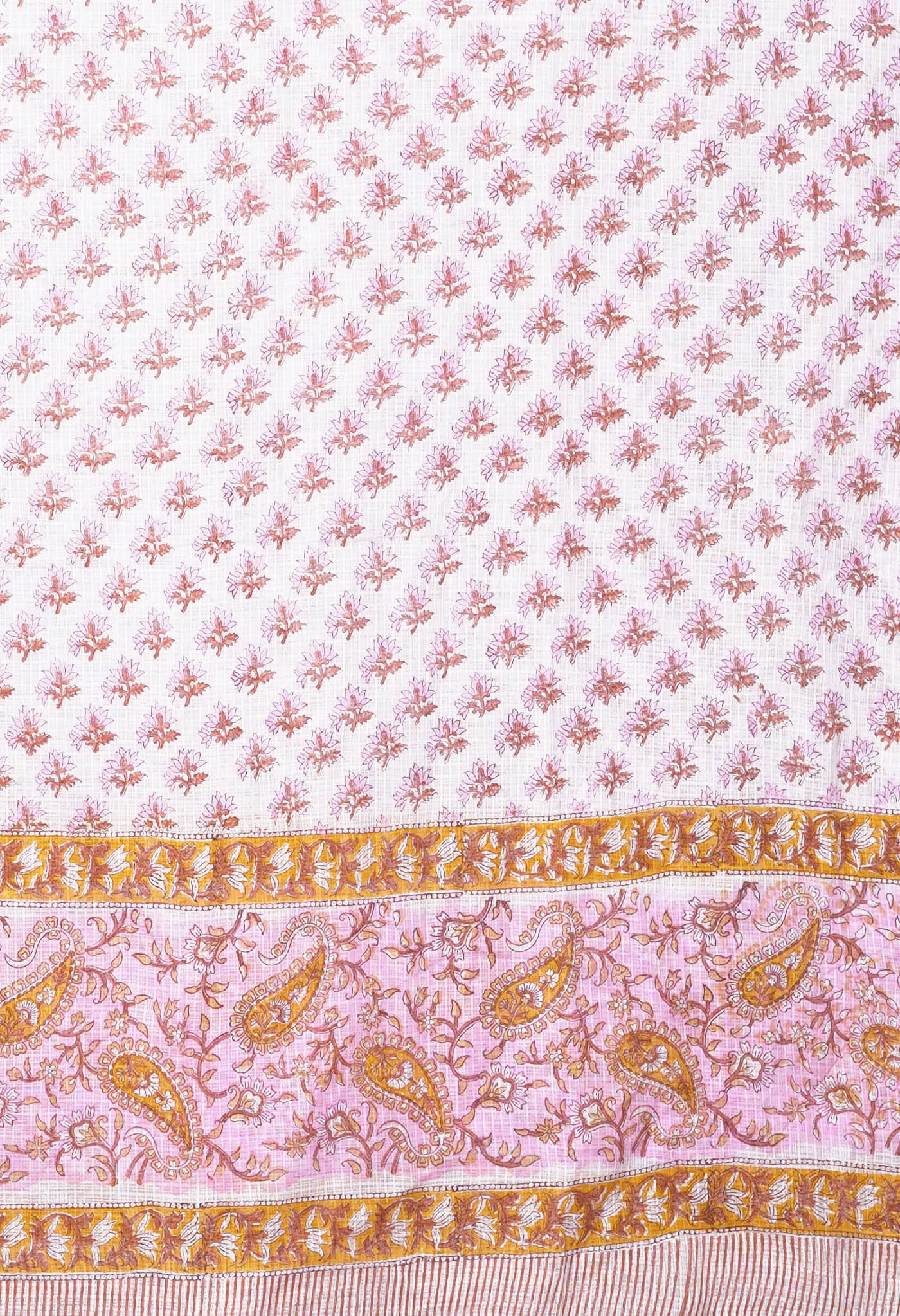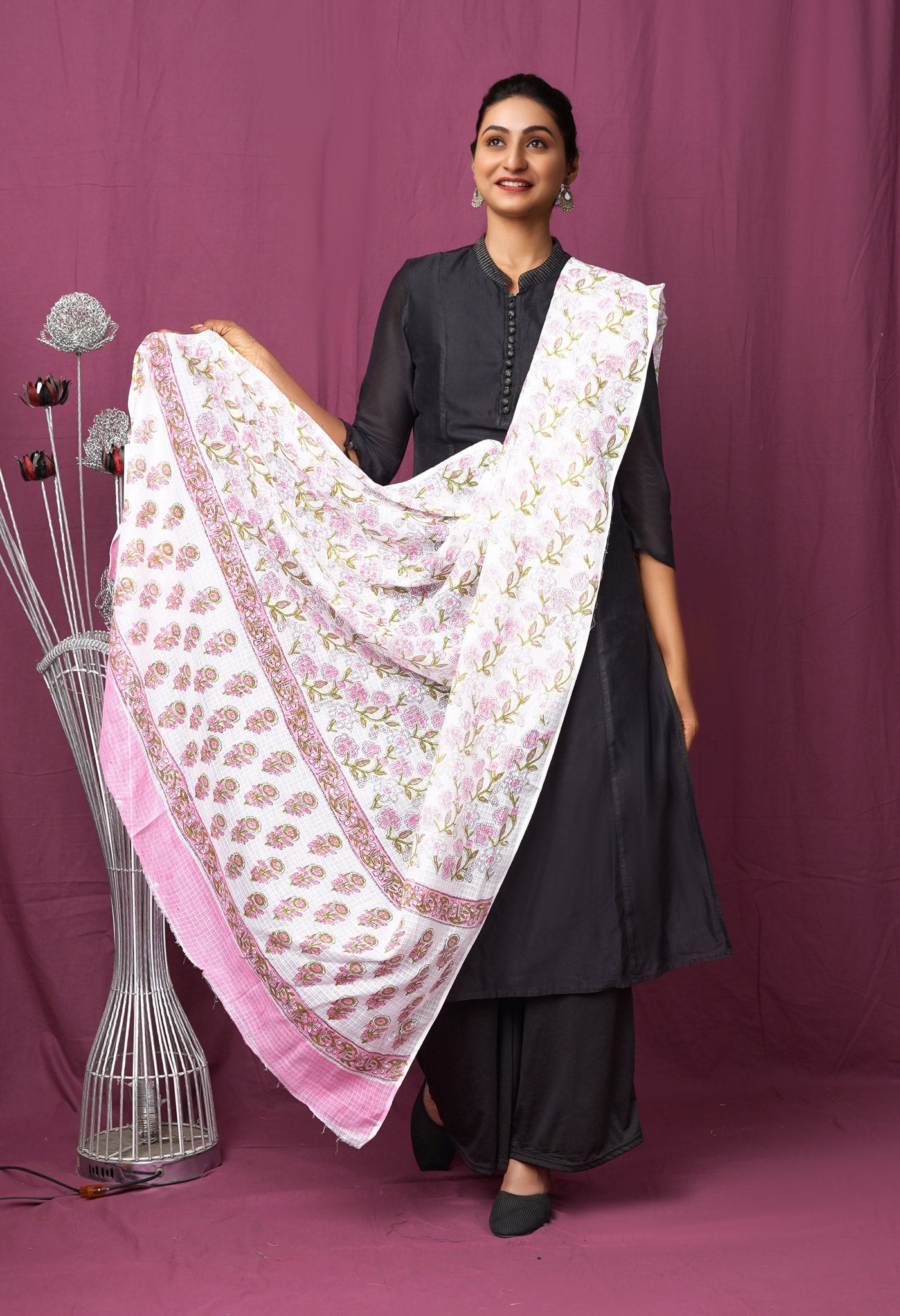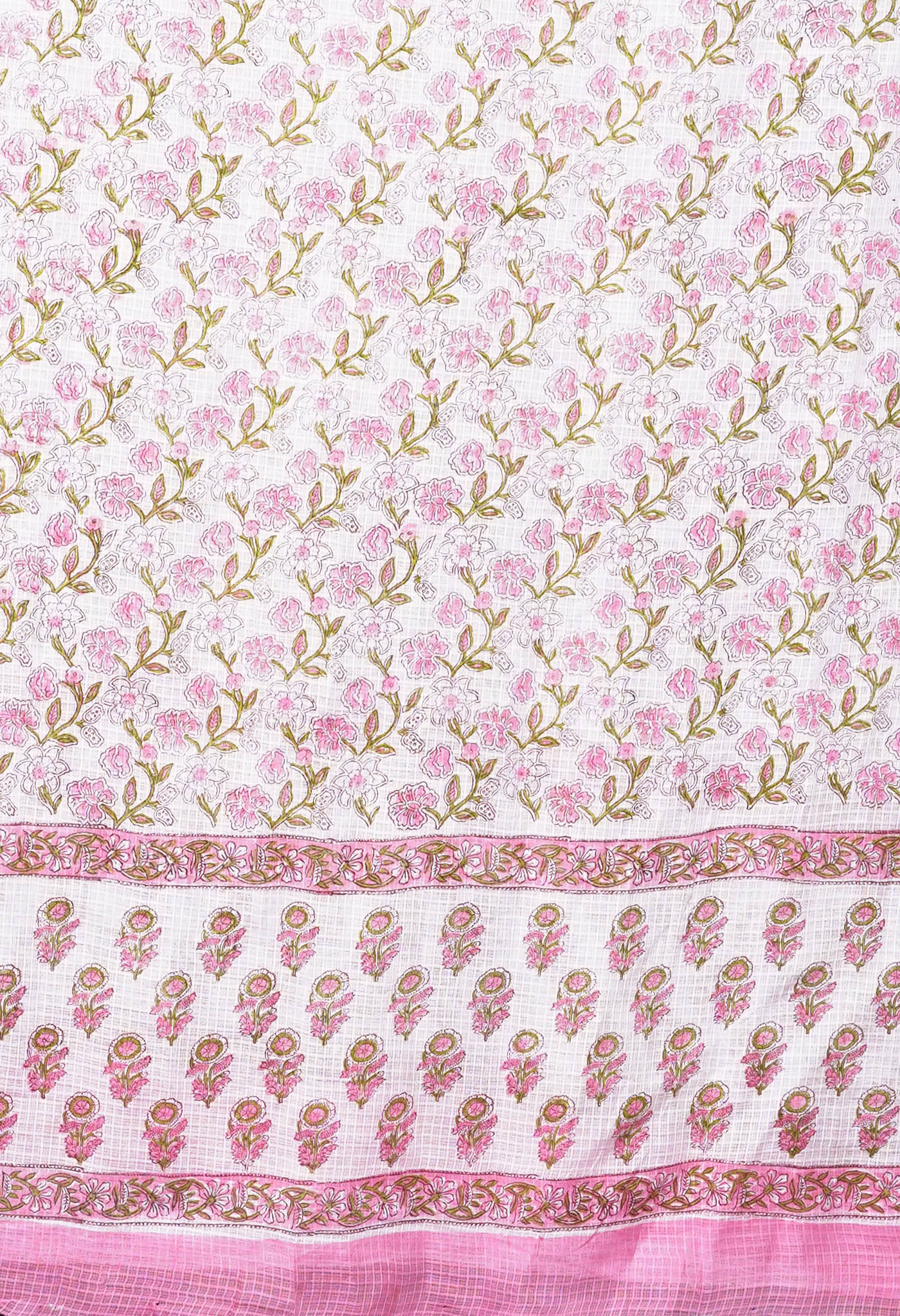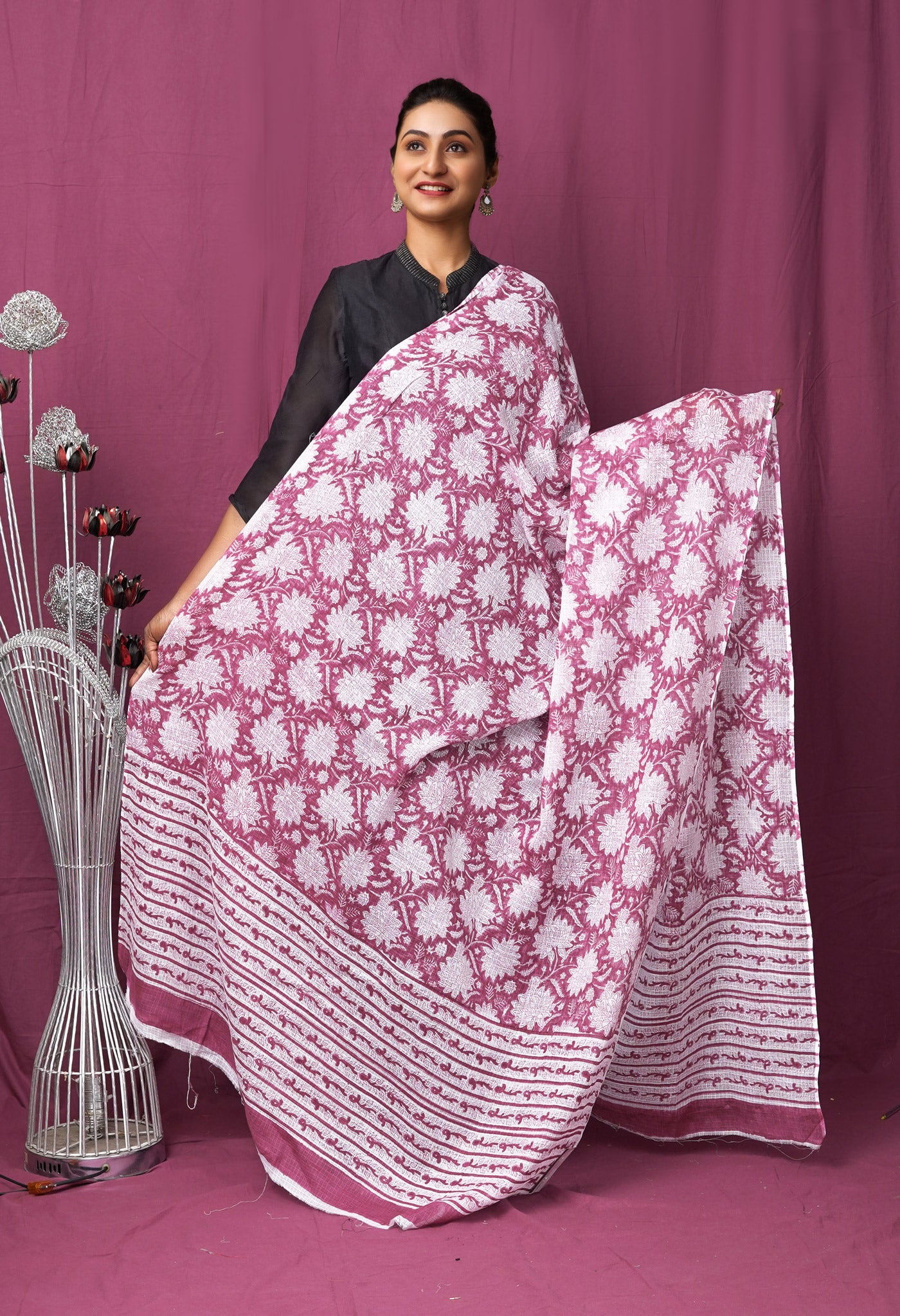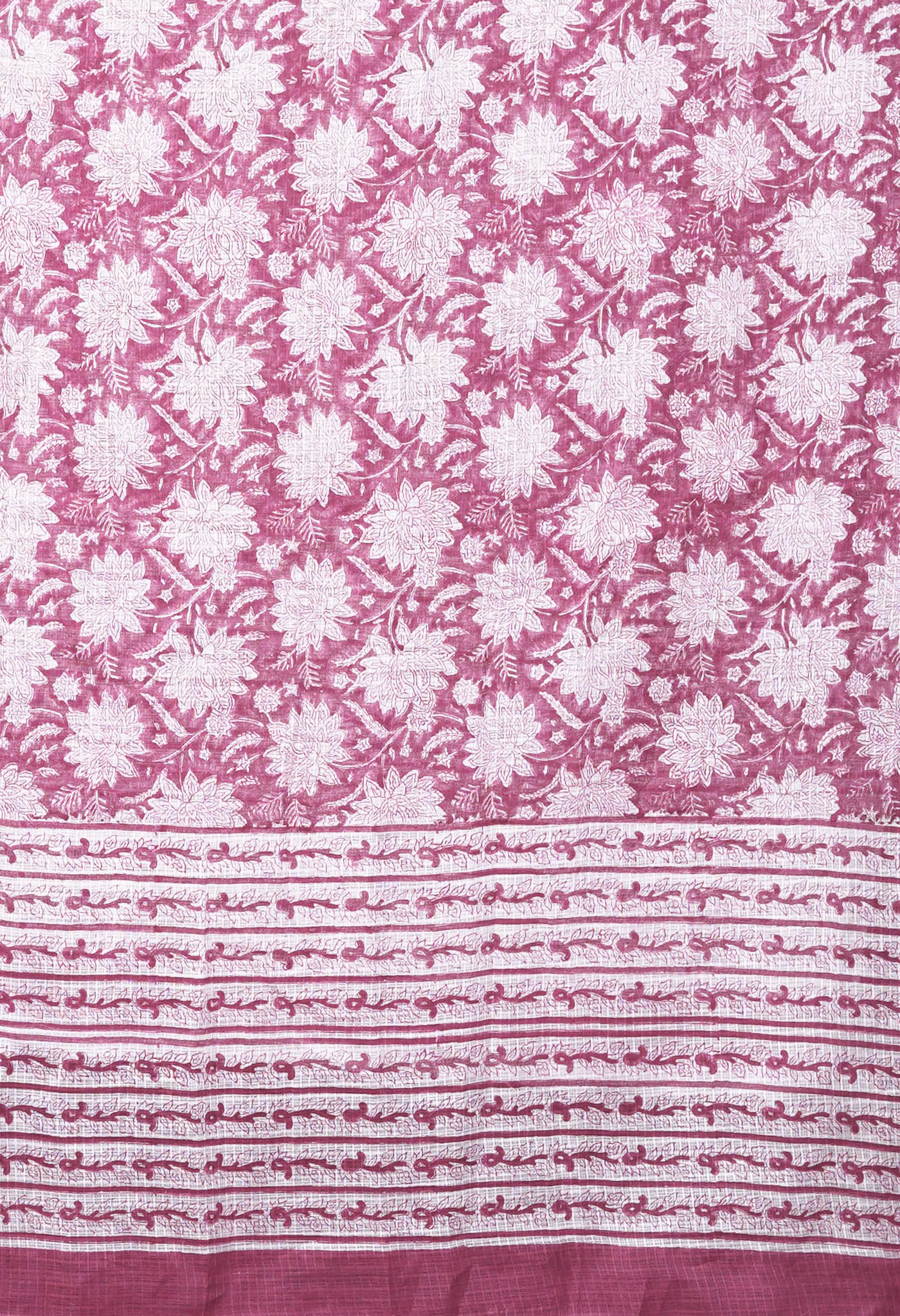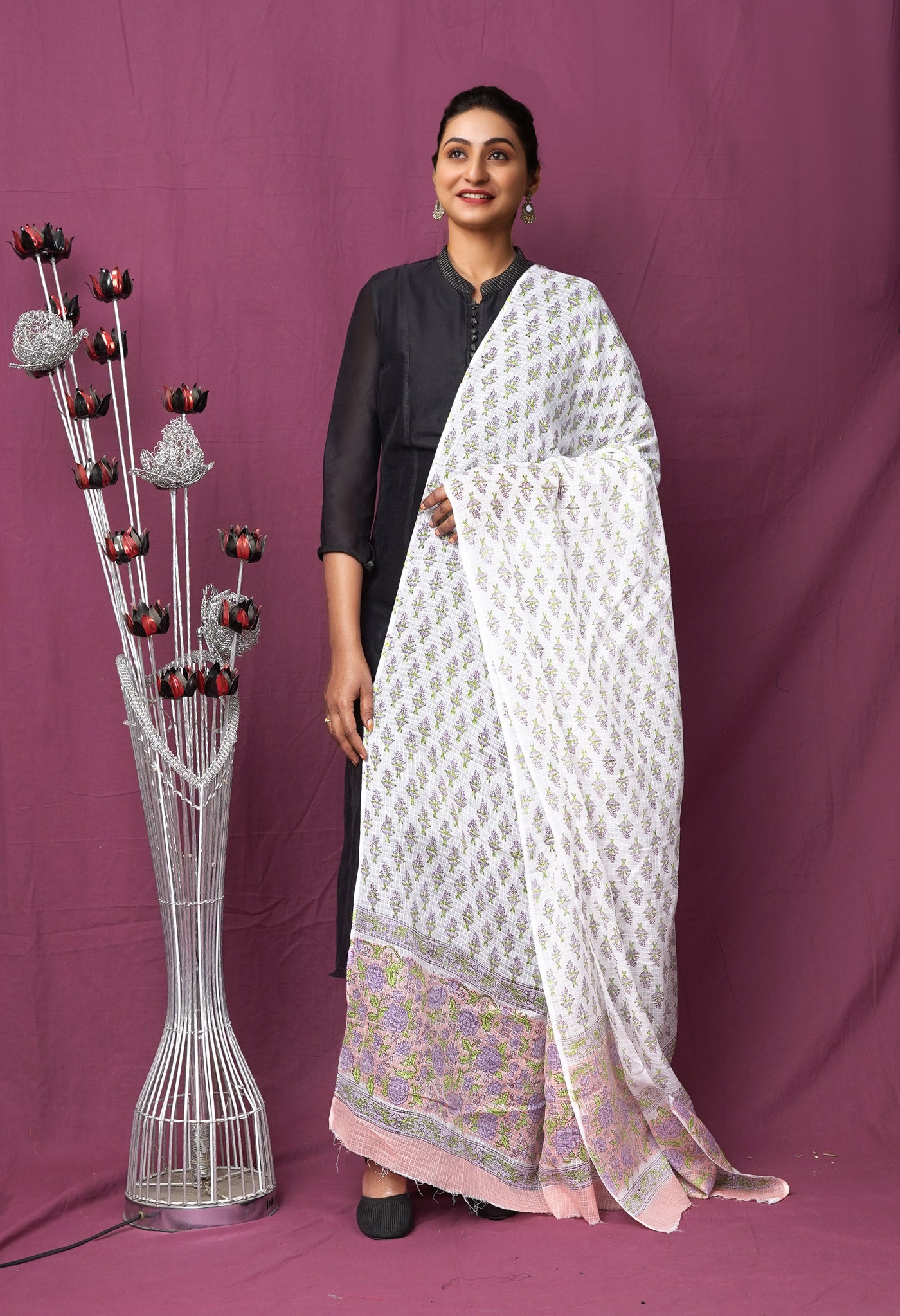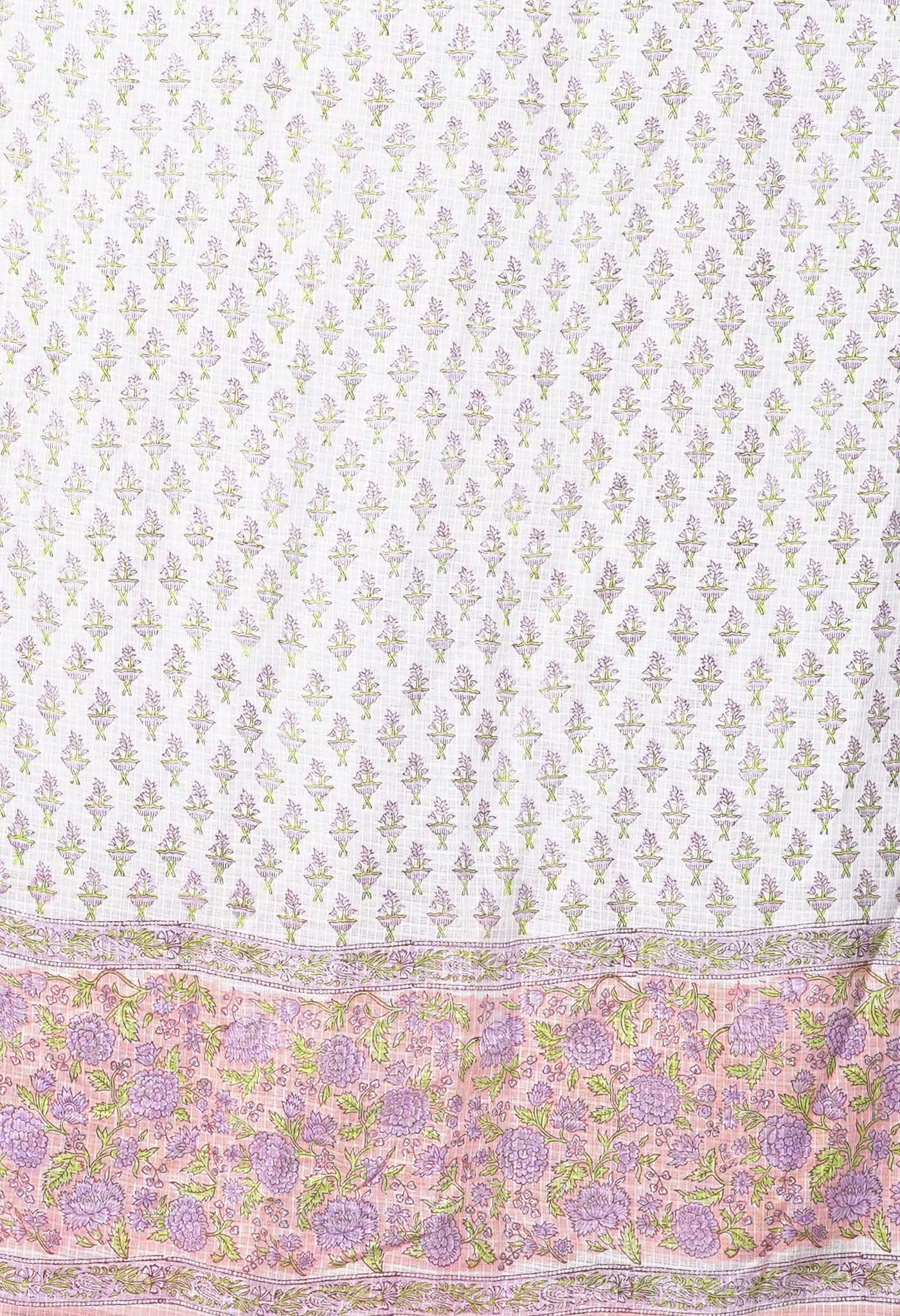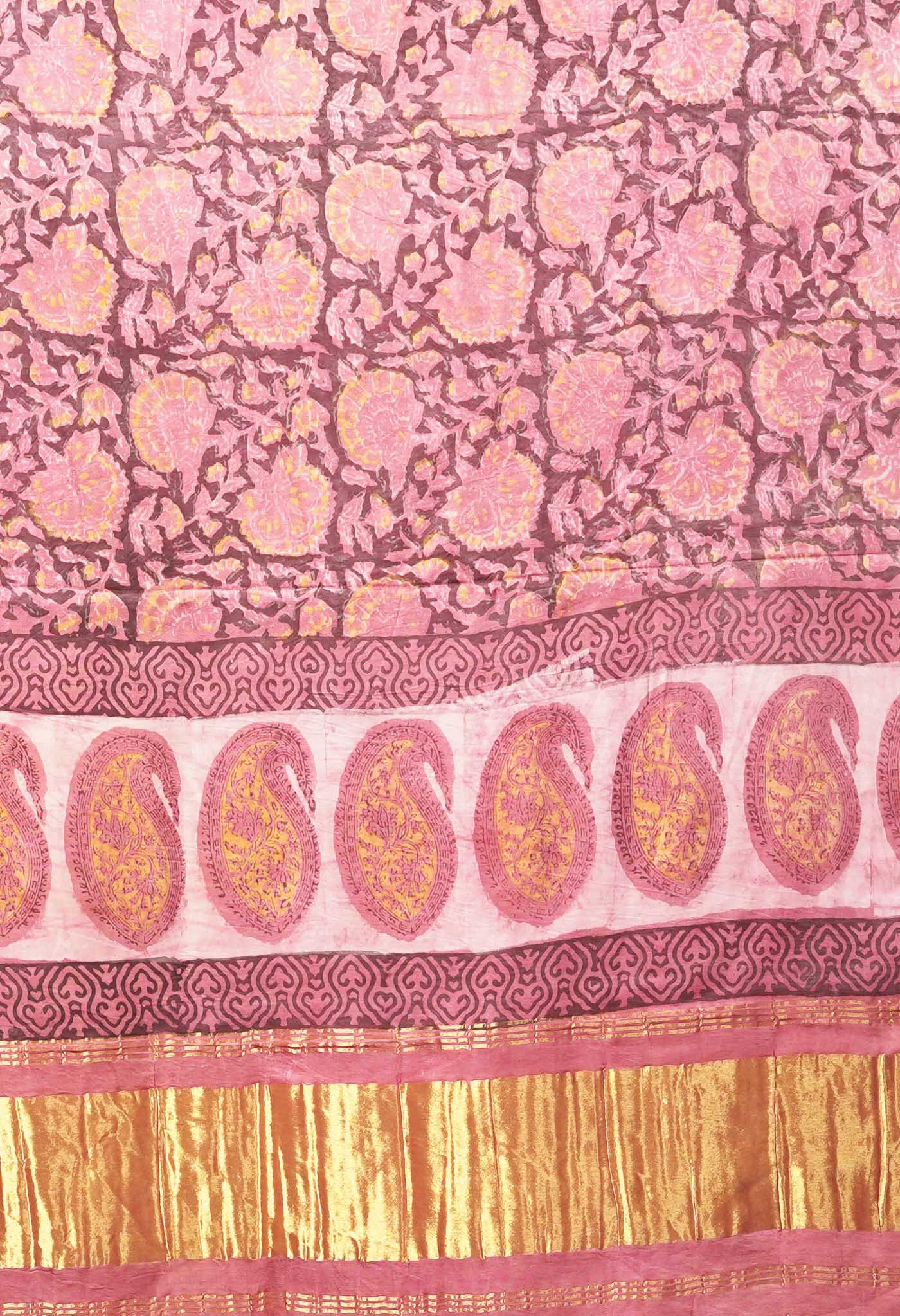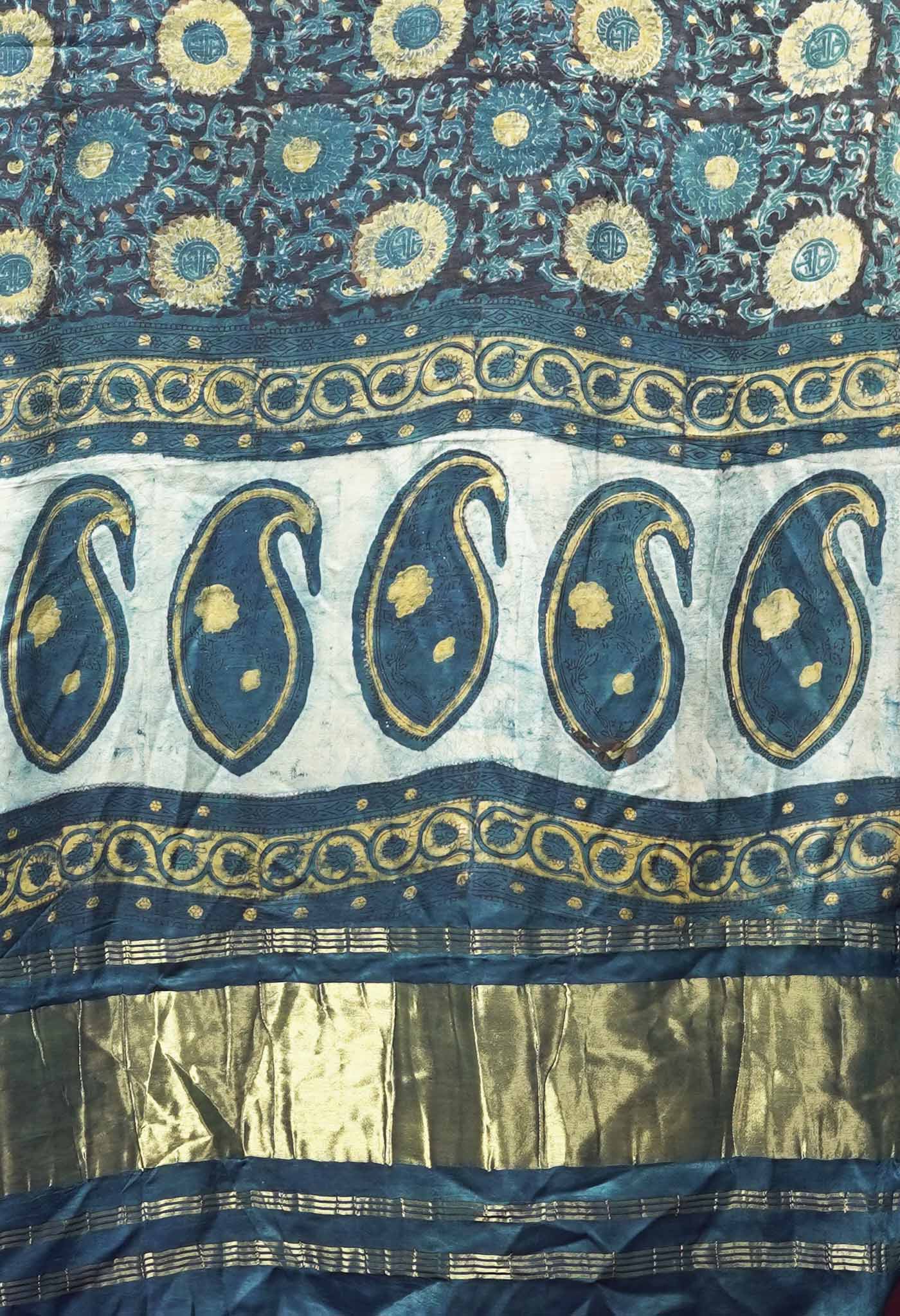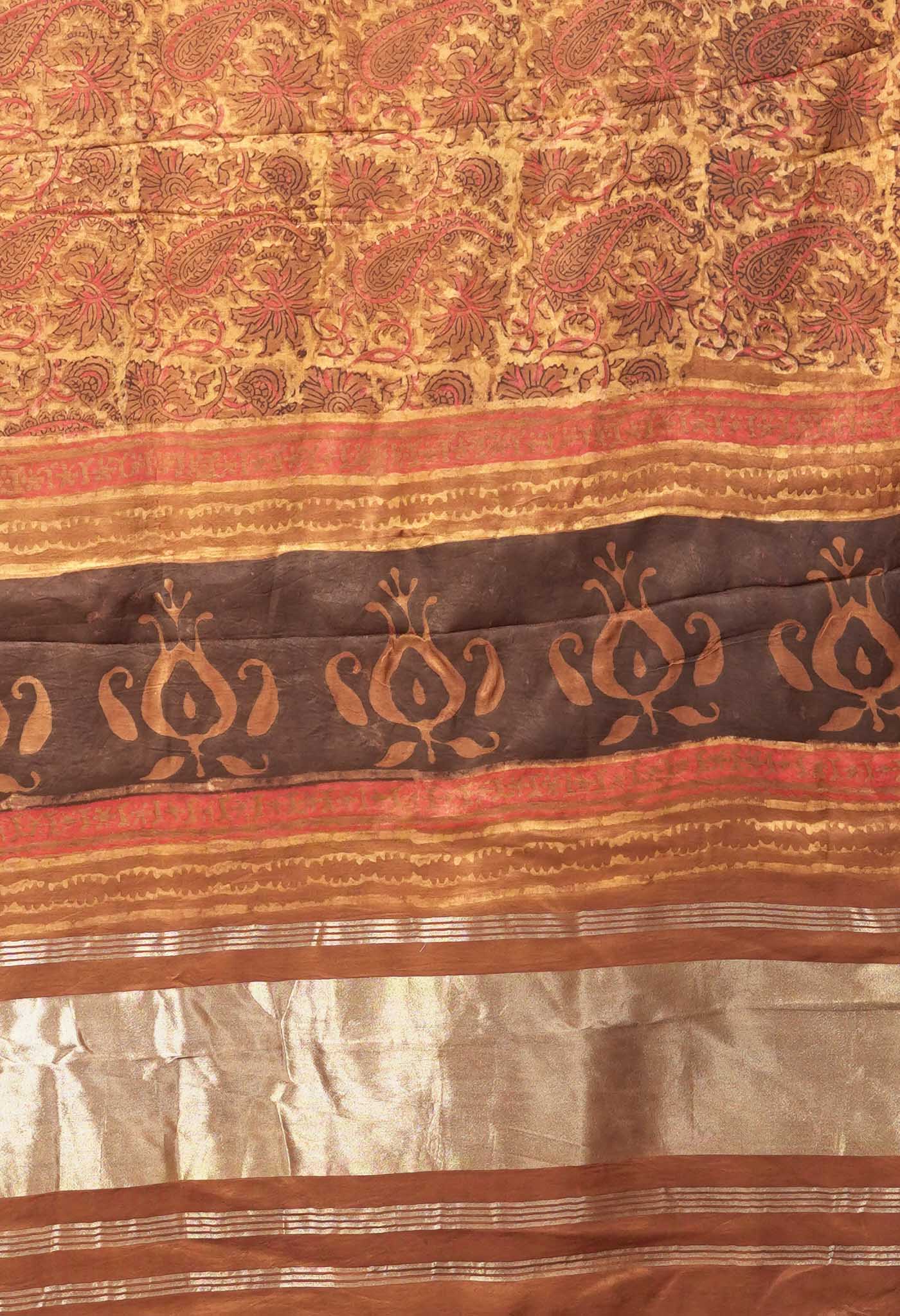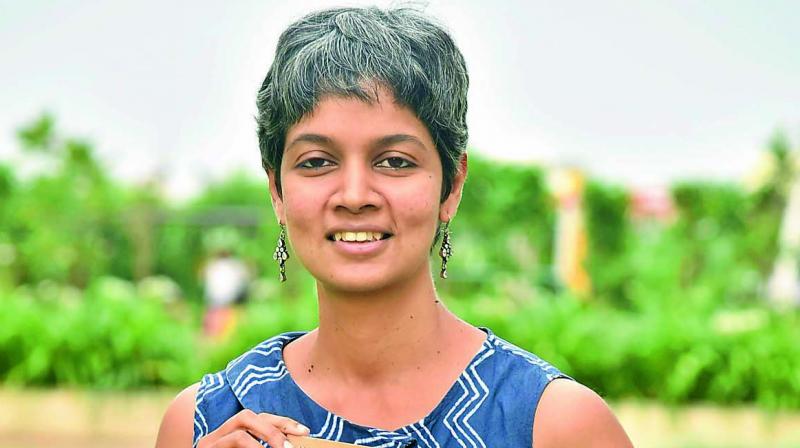
Let’s Talk Trash and Change India – For Real !!
Talking Trash is generally a term meant to describe useless talk or ideas being exchanged that are not worth the while. Well Shubhashree Sagameswaran came out with a book titled, “Let’s Talk Trash” .
Who is Shubhashree? And what does she mean by wanting us all to start talking trash?
Shubhashree Sagameswaran is a resident of Hyderabad. Disturbed by the current-day lifestyle that she had been observing for quite some time now, she felt a moral obligation to bring attention to the perils of plastics and how each one of us, as responsible citizens of India and also residing on planet Earth, could make our small contributions that could collectively mean salvaging the earth from the damage we have already inflicted upon it, to some small but significant extent.

Subhashree comes from an engineering background. She had grown up in Bengaluru in the eighties and saw first-hand what her parents and grandparents used to do - produce very little waste from their households due to a lifestyle based on frugality and simple effective habits. She had observed how a habit of collecting milk in steel cans from the milk-vending booths was a habit for all in the family to practice. Old Horlicks and Bournvita bottles were used as containers and many stayed that way for very many years on their kitchen shelves. Not only did it impress upon her mind but also the idea of practising a zero-waste lifestyle had been lingering in her mind for a couple of years. Hence her book “Lets Talk Trash” had to become a reality.
In her book, ‘Let’s Talk Trash’, she has beautifully managed to combine simple effective text and very simple illustrations that even children would relate to nicely that highlights how yester year lifestyles that once saw zero-waste practiced by one and all, give way to the extensive amount of trashing accumulating from today’s modern day way of living. If only slight simple changes could be made consciously in the existing life style one could actually be cutting down wastage to quite some extent in one’s life, thereby contributing to the overall effort that could be significant. The book is no sermon, but one with nice flow of language and of practical use that would appeal to a wide section of society and across the age spectrum.
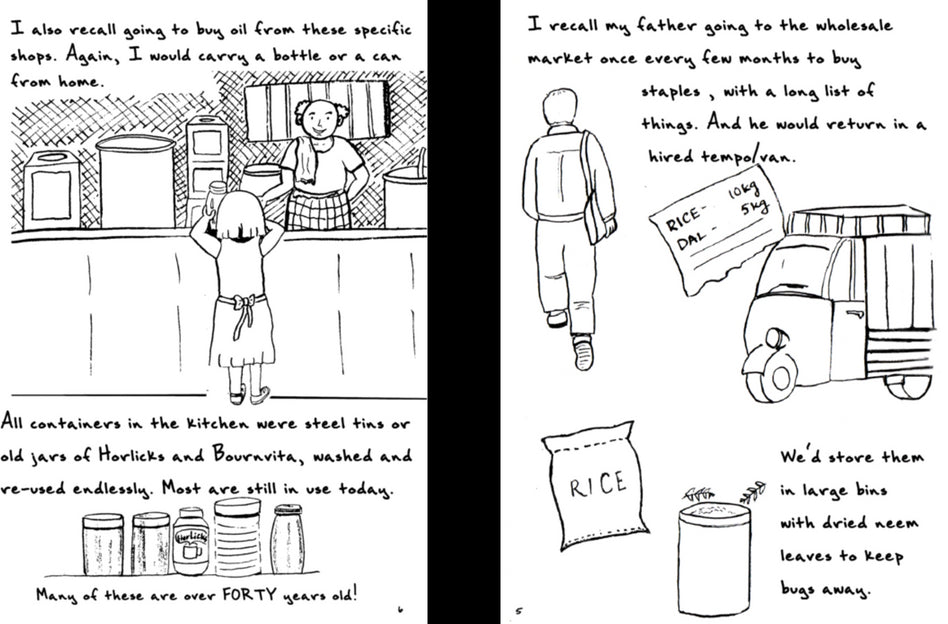
The way the idea unfolded
When due to a turn of events in her life, she decided to temporarily take a break from her IT job, she in the course of reading came upon the exploits of early zero-waste activists Lauren Singer and Ben Jonson and their efforts to create a line of thinking in modern day society that would help citizens to appreciate the significance of waste-cutting and how it could usher in substantial savings through a conscious effort. Like she says “The right opportunity popped up through ‘The Sketchbook Project’, a global sketchbook based art project by Brooklyn Art Library, under which anyone could participate”. They motivated her thinking and got her determined to not only practice such a life herself but also advocate through her own lifestyle that would show the gains she achieved in her life to significantly influence minds to whom the returns mattered. That saw the birth of “Let’s Talk Trash”.

Some significant facts have been re-iterated in lucid illustrations.
- In the earlier days, consumption was low and monitored and with having to remain within the budget, there was a real and conscious effort to practice frugality. Modern-day living with door-step services, easily available loans, the tendency to stockpile rations and not necessarily restricting to a budget, has destroyed the sacrosanct ideas of ‘Living within the means’ and ‘wastage is criminal’.
- The average urban-dweller is supposedly generating 1.2 Kilos of waste daily and this is but a conservative estimate based on sample studies in Tier I cities. With a rise in incomes, consumption has risen. Old habits of use based on need have been replaced by use based on want and sometimes by use just for kicks. Use brings about waste; more use, more waste. Unfortunately waste creation can be tolerated with effective waste disposal. That has not happened. So a situation of massive pile-up.

- The use of plastic, significantly the non-degradable kind, as a means for storing, wrapping, packing, and many other day-to-day uses has reached alarming proportions and its irresponsible disposal on land and water has also contributed to the ugly effects of destroying once healthy terrestrial and marine ecosystems. But with most who do not understand the gravity of the situation and also being part of a section that refuses to take it seriously, it is getting to be a nightmare.
There are simple changes that one has to do in the way day-to-day routine tasks can be slightly altered, but which can produce astonishingly remarkable changes to reduce waste and also create savings. Much thought has been given to illustrations that easily shed light on the issues at hand.
“Let’s Talk Trash is not a book that need be limited to children just because it contains an illustrated narrative to discuss a subject so consequential to our existence and can be equally referred by adults alike for ideas that will help to lessen our day-to-day contribution to waste,” Shubhashree adds.

She suggests three easy-to-begin-with habits. Avoiding bottled water, refusing plastic straws and doing away with plastic bags. The simple narrative also details areas in one’s house like bathrooms, kitchens and wardrobes where one can make changes to and replace plastic components with eco-friendly alternatives.
Ideas could then move on to one’s workplace and travel habits where similar initiatives could be taken up. Shubhashree even illustrates how bringing up one’s babies can be done in a green manner by opting out of disposable diapers and plastic toys.

Practicing what one preaches
An early influence in her life helped her realize what could be and should be done. Growing up she developed upon the ideas and innovated more of her own. As an IT professional and a responsible citizen she realized that ideas cannot remain stagnant and had to be thrown open to a wider audience from within which some would immediately set upon implementing in their lives, some would ruminate and even question the practicality before getting hooked upon them, others might still just read and store in their minds as useful information to be called for at a later date in life.
What she has written in the book is mostly a reality in her life, some around her have incorporated part of that in their lives, but if facts were to go by it has been a well-received book not for the fact that it talks of the environment because thousands have already done so.

It is for the simple, pleasingly light and flowing language that appeals to the reader’s heart about how a seemingly difficult situation could be suddenly felt much lighter with just that small change. That is why we at Unnati Silks say – by doing what she has done, “She’s Different”.

